

Myopia, also known as short- sightedness, is a common visual problem effecting roughly a third of the UK population. It results in blurred distance vision, often correctable using prescription spectacles or contact lenses. In some cases, it can cause problems with eye health, the risk of which increases with higher levels of myopia.
Recent studies show that the incidence of myopia is increasing worldwide, and now several treatment methods have been developed to slow the progression of myopia.
Myopia management is a fast-developing area of research and practice. The recommendation for myopia management is done using the best currently available evidence, and we require your consent before commencing.

What is myopia?
In a perfect eye, light is focussed perfectly onto the retina, which is a light sensitive layer of cells at the back of the eye. In a myopic eye, the light is focussed in front of the retina, resulting in blurred distance vision. Spectacles or contact lenses can be used to refocus the light onto the retina, correcting the vision.
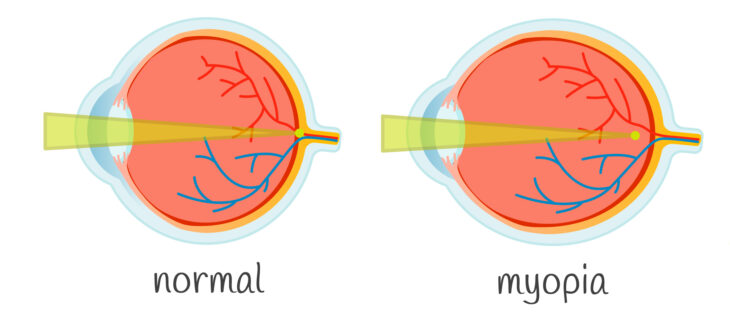
What is myopia management?
Myopia management is attempting to limit how myopic a patient becomes. In the UK, this is done using different types of spectacles or contact lenses, which alter how light is focussed onto the peripheral retina. This slows the growth of the eye, reducing the progression of myopia. There is also a course of drops that has been shown to be effective in managing myopia, however this is not currently available for use in the UK. It is important to note that myopia management does not cure or reverse myopia but tries to slow down the rate at which it develops.
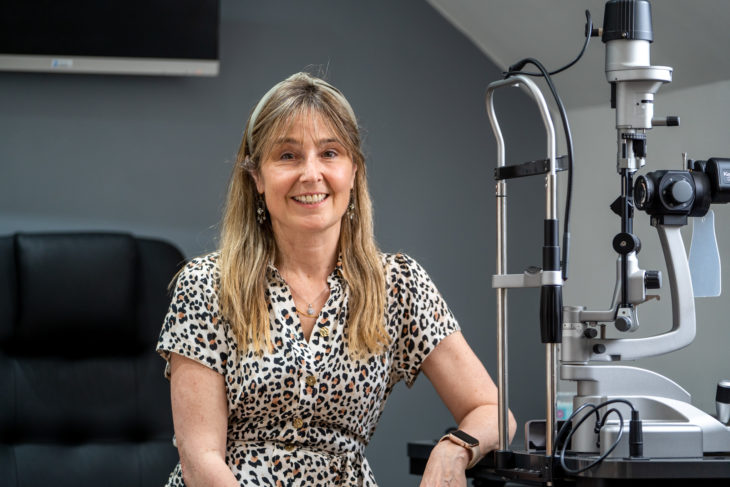
Axial Length
Many of these risks are directly linked to the size of the eye, with larger eyes are at greater risk. For this reason, measuring and tracking the axial length of a growing eye is important, but not always easy to do accurately, as fractions of a millimetre can make all the difference. With specialist OCT equipment, we are able to precisely take this measurement and track it compared to age-norms. This will give us a strong indicator as to how successful the myopia is being managed throughout your chosen treatment course.
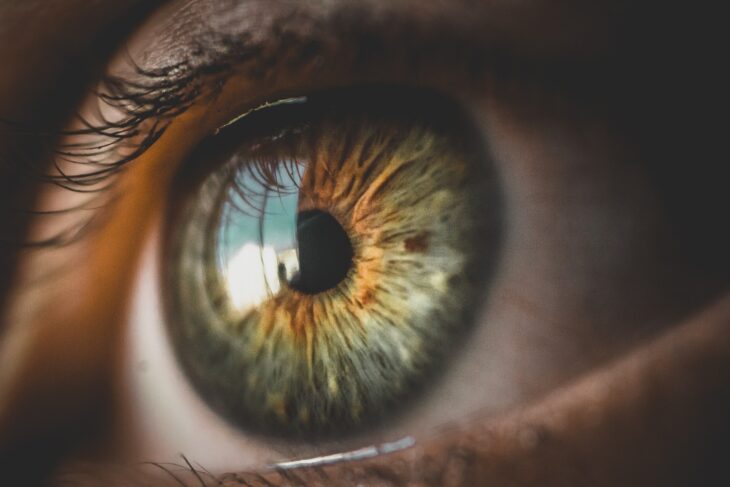
Soft multifocal contact lenses
There are soft contact lenses available that have been specifically designed to reduce the progression of myopia, whilst maintaining clear vision and there is a strong body of evidence to support their effectivity. The design is to have a clear central area of the lens, with a ‘treatment zone’ peripheral to this. This alters how light is focussed onto the peripheral retina, slowing the growth of the eye. This is a similar design to ‘centre distance’ multifocal contact lenses, normally prescribed for older patients, which have also been shown to be effective. To get the full effect, it is recommended that these lenses are worn for a minimum of 10 hours a day, 6 days a week. All the products that we recommend are CE-marked and specific for myopia management.
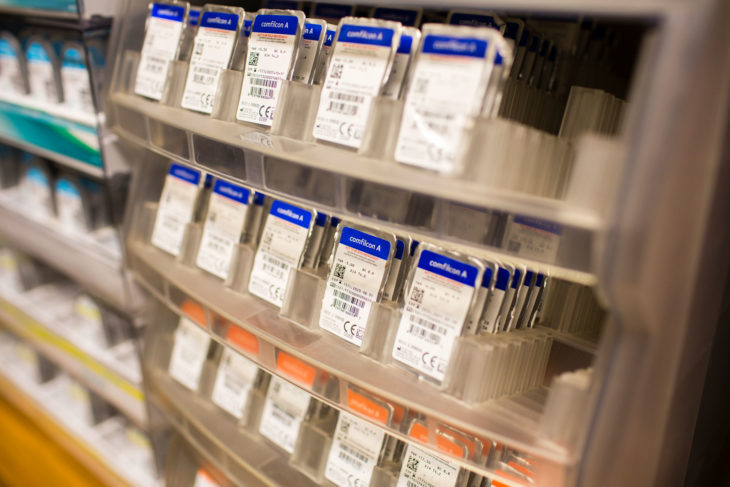
Orthokeratology contact lenses
These are rigid contact lenses that are worn overnight to temporarily remould the cornea, correcting the myopia. Through the day, no contact lenses are worn and vision is clear. There is strong evidence that orthokeratology can reduce the rate at which myopia develops.
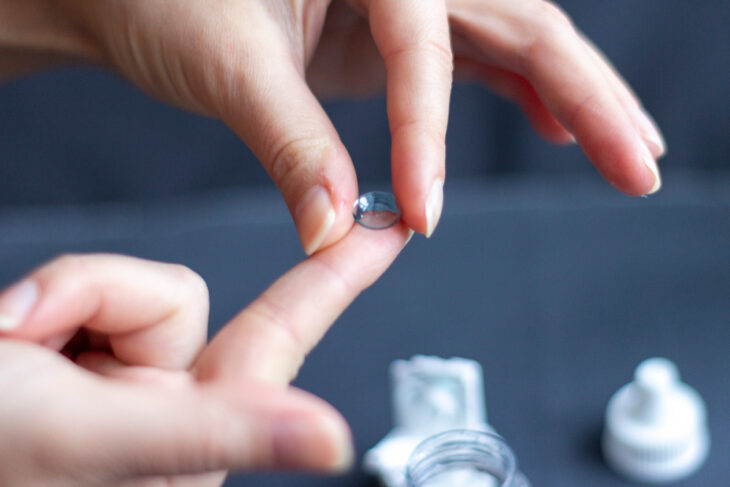
Glasses with multifocal lenses or new lens designs
Although regular varifocal spectacle lenses show limited evidence that they are effective in reducing the progression of myopia, new myopia management specific technology has recently been shown to be as effective as contact lens options. These lenses appear as regular spectacle lenses. They have a central area with the full prescription to ensure distance vision is clear and just off-centre there is a ‘treatment zone’, which is made up of multiple small segments of defocus. Although there is often an adaptation phase, these can be used as regular spectacles would be.
Environmental factors
Research is ongoing in this area, but evidence would suggest that spending more time outdoors can reduce the rate at which myopia develops. This is thought to be due to a greater exposure to light and a reduction in near focussed tasks.
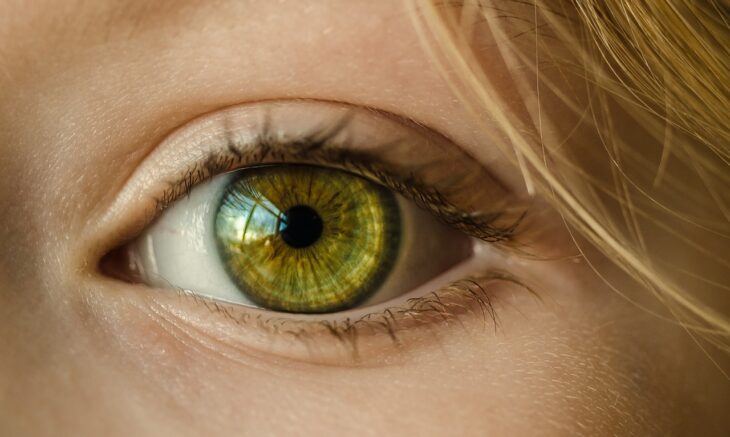
More information is available in our practices
Contact us at our Cambridge Practice on 01223245222 and our Saffron Walden Practice on 01799525957
Other resources available here How do I know if myopia control is working? | My Kids Vision
